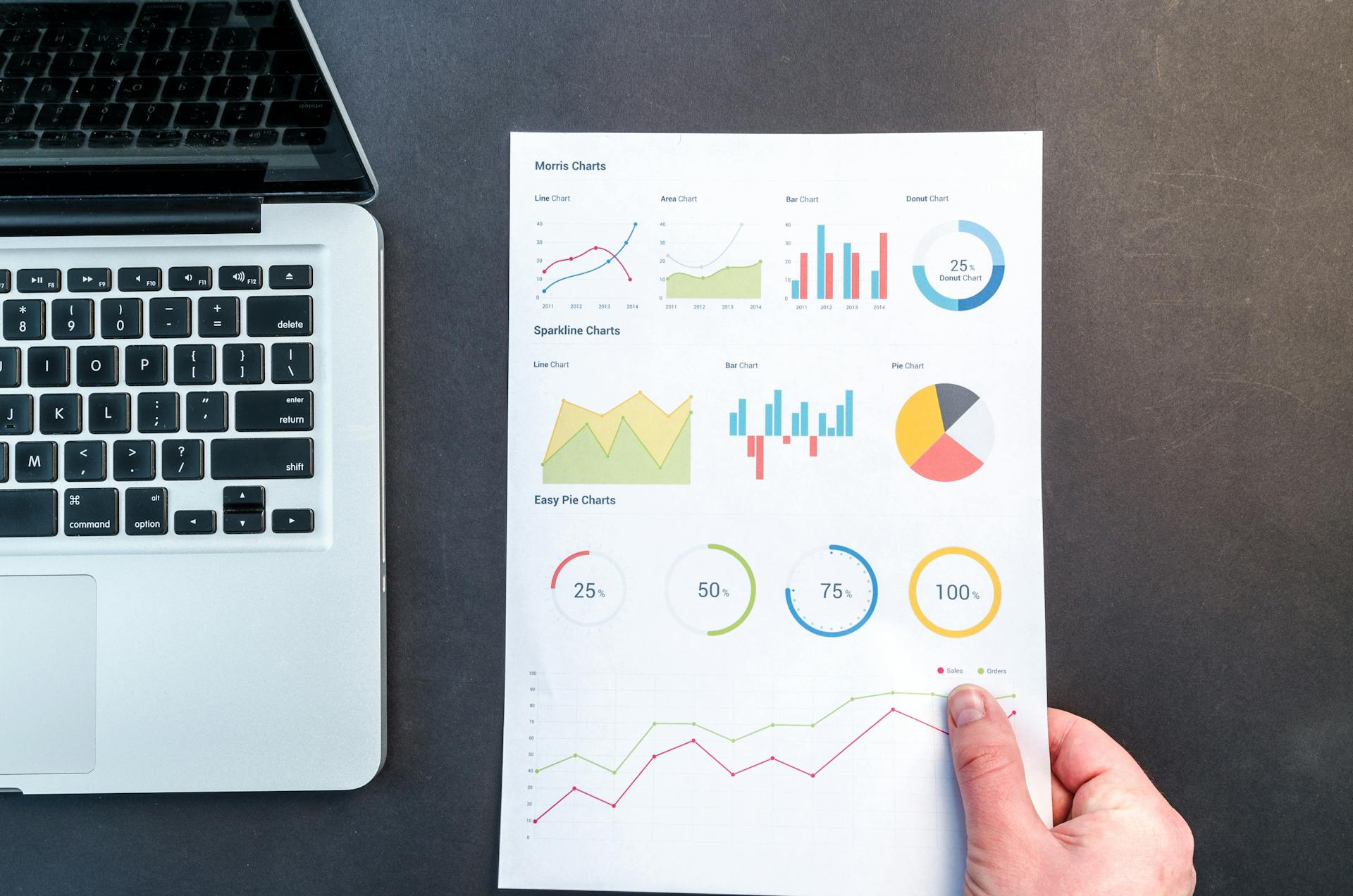Why Every Entrepreneur Needs a Business Feasibility Study
Launching a business without a plan is like setting sail without a map—you may have the best vessel, but without direction, the journey could end in disaster. That’s why a business feasibility study is more than just a preliminary step; it’s the compass that guides entrepreneurs toward achievable, profitable ventures. It evaluates every critical element that can make or break a business, ensuring that no decision is left to guesswork.
The starting point of a feasibility study is market research. This process delves into the core questions: Is there a genuine demand for the offering? Who is the ideal customer? How saturated is the market? In the UAE’s ever-changing economy, these answers are crucial because trends shift quickly, and consumer expectations evolve rapidly. A deep understanding of market dynamics allows businesses to position themselves effectively and capture market share.
Next comes financial feasibility, which translates concepts into numbers. This involves assessing capital requirements, revenue potential, cost structures, and return on investment. A realistic financial projection not only keeps the business grounded but also makes it more attractive to investors. In many cases, this analysis reveals funding gaps or cost inefficiencies that can be addressed before launch, saving time and money.
Operational feasibility examines the practical side of turning a vision into reality. This includes evaluating supplier relationships, distribution channels, production capabilities, and staffing requirements. The goal is to ensure that the operational model is both sustainable and scalable. For businesses entering the UAE market, understanding regional logistics, licensing, and labor regulations is a critical part of this step.
Technical feasibility ensures that the required tools, technologies, and systems are available and compatible with the business’s objectives. In industries where innovation is key—such as e-commerce, manufacturing, or digital services—technical readiness can be a significant competitive advantage. Conversely, a lack of technical preparedness can stall growth and limit market penetration.
A business feasibility study starts with the most essential element—market validation. It is not enough to assume that your product or service will find customers; you must deeply understand who those customers are, what they value, and how they currently meet their needs. This involves studying market size, growth potential, demographics, purchasing behavior, and competitive positioning. By examining these details, businesses can fine-tune their offerings and build value propositions that truly resonate.
The financial aspect is equally critical. A feasibility study meticulously outlines expected startup costs, operational expenses, projected revenues, and profitability timelines. It also accounts for fluctuating variables such as supplier pricing, seasonal demand shifts, and unforeseen market disruptions. This granular financial roadmap not only keeps internal operations on track but also instills confidence in potential investors and lenders who need assurance of the project’s viability.
Operational feasibility takes a hard look at execution. Even the best ideas can falter without strong operational frameworks. This stage examines supply chains, staffing needs, logistics, and infrastructure readiness. In the UAE, operational planning might involve navigating free zone regulations, customs processes, and local partnership requirements—each of which can significantly influence timelines and costs.
check also :- A Deep Dive into the Elegance and Allure
Technical feasibility evaluates whether the necessary technologies and processes are accessible, scalable, and cost-effective. From advanced manufacturing systems to specialized software, ensuring compatibility with business goals is essential. This is particularly important in fast-evolving industries like fintech, healthcare, and renewable energy, where outdated or inadequate systems can lead to competitive disadvantage.
Legal and regulatory feasibility ensures that all compliance requirements are understood and met from the outset. In a diverse market like the UAE, regulations can vary not only by sector but also by emirate. Addressing these factors early prevents costly setbacks and reinforces credibility with stakeholders.
By the time a business feasibility study is complete, decision-makers have a clear, data-backed picture of whether to move forward, adjust the strategy, or pivot entirely. More importantly, they gain a roadmap that outlines actionable steps, mitigates risks, and highlights competitive advantages. In essence, this process turns a hopeful idea into a strategic plan grounded in reality—a vital step for anyone serious about building a lasting business.
Legal and regulatory feasibility safeguards the business against compliance pitfalls. The UAE’s regulatory landscape is unique, with specific requirements depending on the sector and jurisdiction. Addressing these considerations upfront helps avoid legal disputes, fines, and operational delays.
By completing a comprehensive business feasibility study, entrepreneurs not only validate their idea but also gain a strategic plan for execution. This process minimizes risk, maximizes resource efficiency, and creates a strong case for attracting funding. In the end, a feasibility study is not just about determining if a business can work—it’s about crafting the clearest possible path to lasting success.













